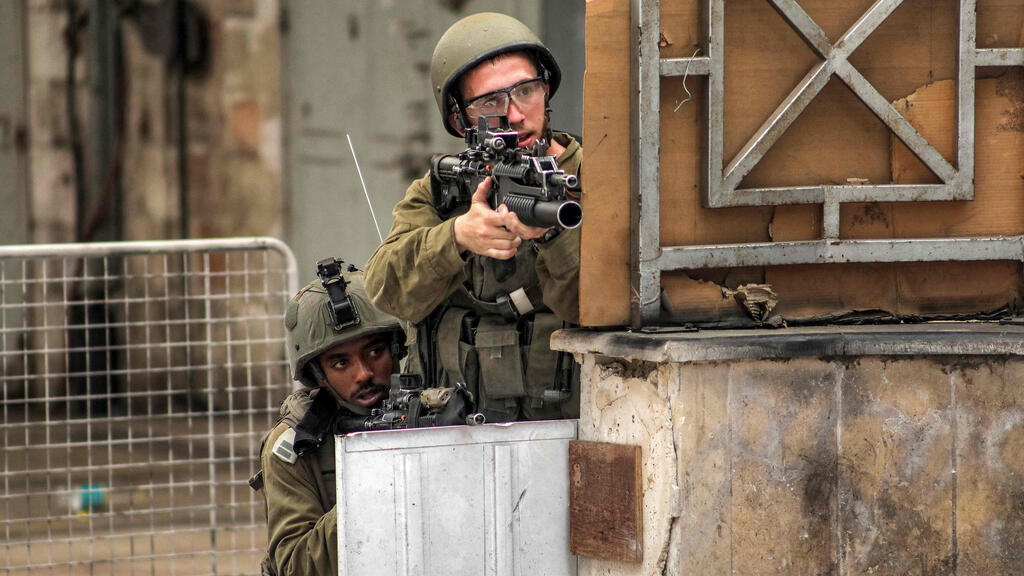The fear of the International Criminal Court (ICC) in The Hague is a baseless marketing gimmick used by opponents of judicial reform. It is essential to clarify that this warning isn't just directed at the Israeli Air Force pilots; it extends to every soldier in the IDF.
Read more:
According to their argument, under their doctrine, military service in the IDF constitutes a war crime in itself, and any reduction in the likelihood of prosecution would harm our ability to protect our servicemen. The underlying premise of this fear campaign is that reducing the likelihood of prosecution would make it harder for the country to invoke the "reasonableness clause" as a defense for IDF soldiers against the ICC's jurisdiction.
The principle of complementarity, enshrined in the Rome Statute which governs the activities of the ICC, establishes that national legal systems have primary jurisdiction to investigate and prosecute individuals suspected of committing war crimes. The ICC's authority only comes into play when national legal systems are unwilling or unable to enforce the law.
However, there are several challenges to this claim. First, the Rome Statute defines the crimes falling under the ICC's jurisdiction, including genocide, crimes against humanity and war crimes. These offenses do not pertain to isolated actions by individual soldiers but rather to systematic policies aimed at deliberately harming civilians. Unless proponents of this argument accept the false narrative of our adversaries, neither the State of Israel nor the IDF has a policy of committing genocide, crimes against humanity or war crimes. Therefore, reducing the likelihood of prosecution will not alter this fundamental fact.
The danger to IDF soldiers certainly exists
Furthermore, Article 17(1)(a) of the Rome Statute establishes the principle of complementarity as a criterion in assessing the willingness and ability of investigative and prosecutorial authorities to investigate and prosecute alleged perpetrators. It does not specifically mention the structure and jurisdiction of the national legal system. If the absence of the authority to annul decisions made by a competent authority arises solely because two judges deemed the decision "unreasonable," then the issue at hand is not unique to Israel but rather applies to the majority of countries worldwide, where Professor Aharon Barak (former president of the Supreme Court of Israel from 1995 to 2006) did not ascend to the position of ultimate authority.
Since reducing the likelihood of prosecution will not affect the readiness, willingness or ability of Israeli investigative authorities to pursue wrongdoers, the fear expressed by former Prime Minister Naftali Bennett, that soldiers of the IDF will continue to fear the ICC "more than the Sinai Peninsula," lacks any foundation.
However, within the rhetoric of fearmongers, there is a grain of truth. Two and a half years ago, the ICC initiated an investigation against the State of Israel for alleged war crimes. To start this investigation, the ICC had to conjure the existence of a "State of Palestine" and delineate, without jurisdiction, the borders of a non-existent nation. It is a web of falsehoods spun to serve our adversaries and legitimize their pursuit of the Jewish state, its soldiers and its leaders.
 Maurice Hirsch
Maurice HirschIn other words, the danger to IDF soldiers certainly exists, but it is not related to or influenced by a reduction in the likelihood of prosecution.
As I recently penned alongside former Foreign Ministry legal advisor, attorney Alan Baker, who also led Israel's negotiations regarding the Rome Statute, it is essential to highlight that the legal reform and the principle of complementarity are interconnected but often misunderstood in both the provisions of the Rome Statute and the context of reform.
Lt. Col. (Res.) Attorney Maurice Hirsch is the former head of the military prosecution in the IDF, and now a member of Israel's Defense & Security Forum


